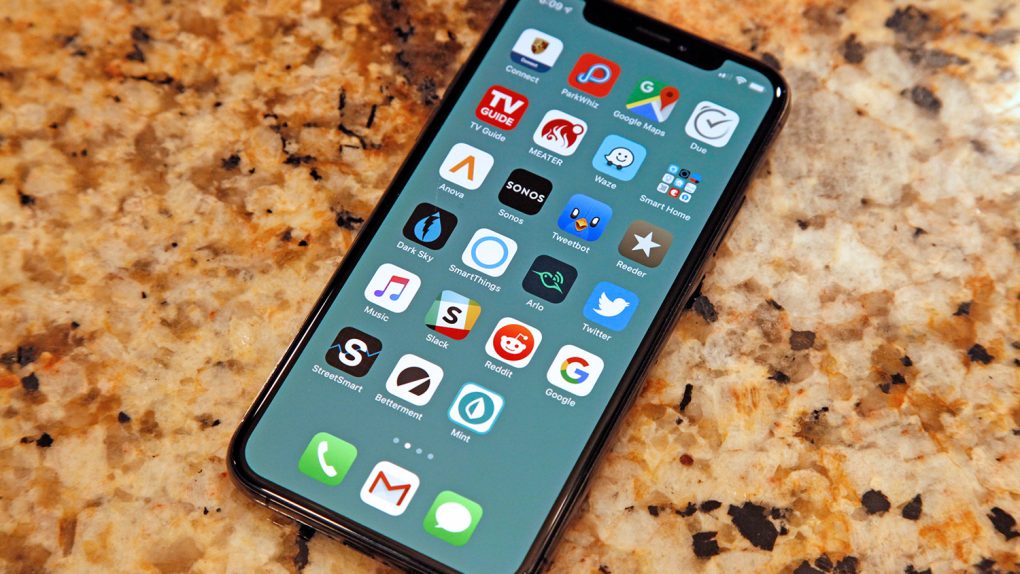At least two smartphone makers have launched 5G phones this year, but the handsets aren’t exactly 5G-ready. Motorola was the first one, but its phone needs a 5G module that’s not available in stores — not that 5G networks are really available to potential customers right now. Xiaomi then said it’ll have a 5G version of its latest flagship in stores and teased the handset in previous weeks, but you can’t buy that phone. OnePlus, Samsung, and Huawei all confirmed they’re working on 5G handsets of their own, while Sprint partnered with LG and HTC for a 5G smartphone and 5G hotspot, respectively. Apple, however, isn’t expected to make a 5G iPhone until 2020. And that’s the best estimate, a new report says.
According to Bloomberg, people familiar with Apple’s plans said the iPhone maker will hold off until at least 2020 to launch a 5G handset of its own.
Long-time iPhone users will not be surprised to see Apple taking a different route than competitors. After all, the company took its time to release a 3G iPhone, and it wasn’t part of the first wave of smartphone vendors who released 4G devices.
Apple’s thinking, the report says, is that early 5G networks and devices will come with a slew of issues, including spotty coverage, as carriers gradually roll out their new networks.
Bloomberg says that some argue that 5G is a much more significant upgrade than 4G was back in 2011, which makes Apple’s decision to wait riskier.
One other reason for delaying the 5G iPhone’s launch has to do with Apple’s legal spat with Qualcomm, a leader in cellular modem technology, which already announced that several Android vendors would use its 5G chips as soon as next year.
Apple is supposedly partnering with Intel for 5G modems, which won’t be ready in time for the 2019 phones. Also, Apple needs plenty of supply of 5G modems, considering that it’s selling some 200 million phones a year, something that may not be possible next year.
The report also notes that Apple won’t partner with other Qualcomm competitors that also manufacture 5G modems. The list includes Huawei and Samsung, two companies that make both networking gear as well as a slew of iPhone competitors. Each of them will have at least one 5G phone in stores next year, including the Galaxy S10 for Samsung, and a foldable handset for Huawei.








